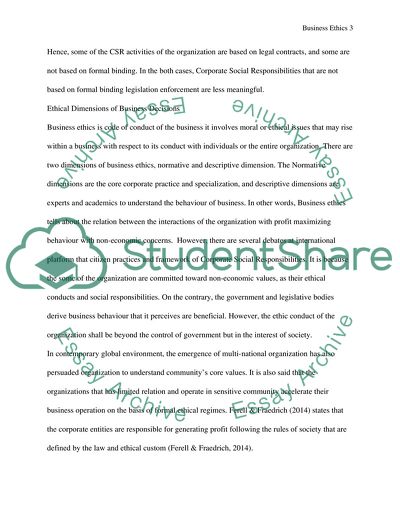Cite this document
(“Business ethics Essay Example | Topics and Well Written Essays - 4500 words”, n.d.)
Retrieved from https://studentshare.org/social-science/1660487-business-ethics
Retrieved from https://studentshare.org/social-science/1660487-business-ethics
(Business Ethics Essay Example | Topics and Well Written Essays - 4500 Words)
https://studentshare.org/social-science/1660487-business-ethics.
https://studentshare.org/social-science/1660487-business-ethics.
“Business Ethics Essay Example | Topics and Well Written Essays - 4500 Words”, n.d. https://studentshare.org/social-science/1660487-business-ethics.


